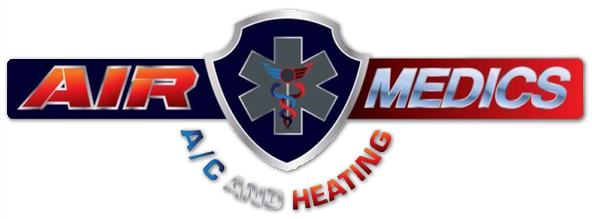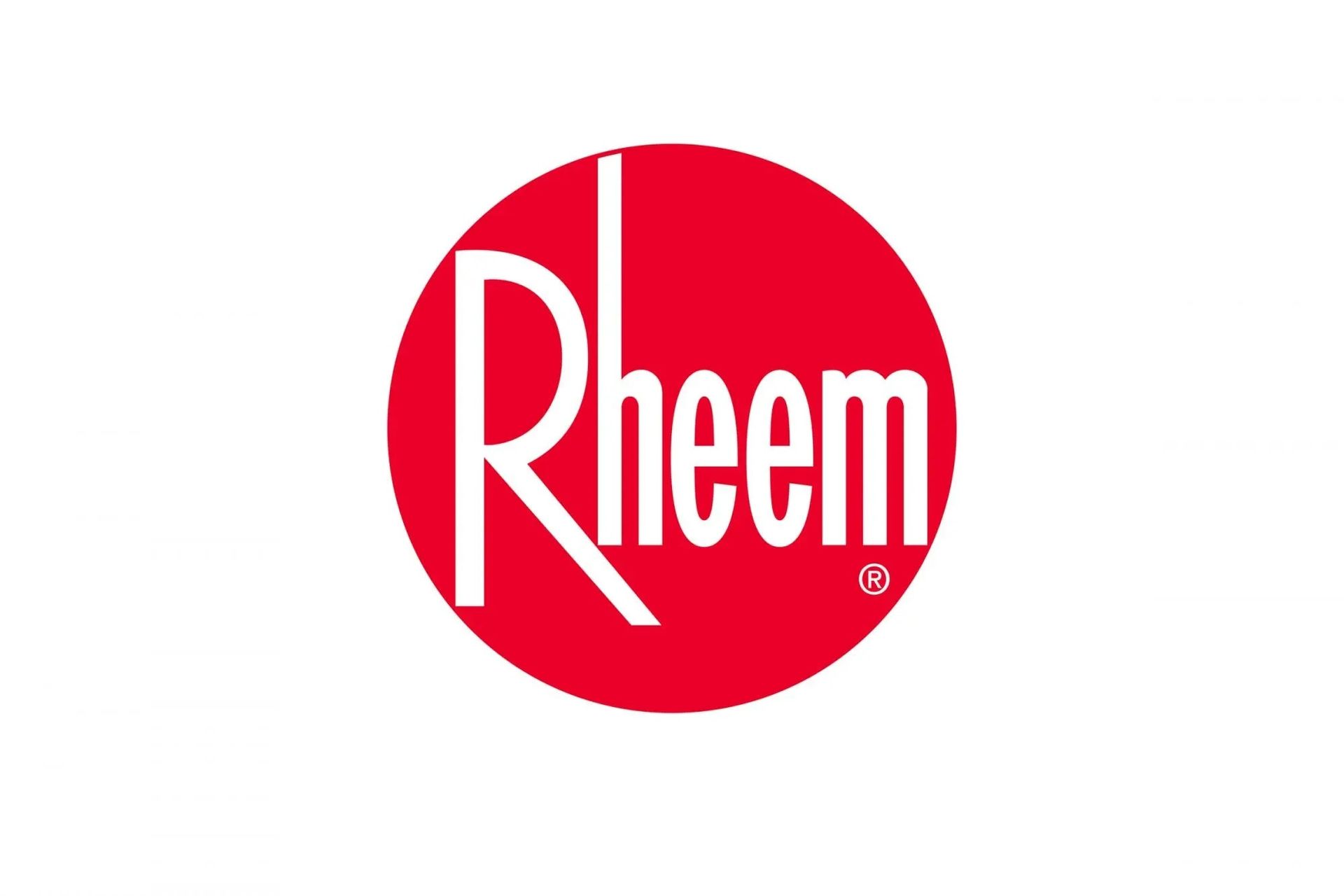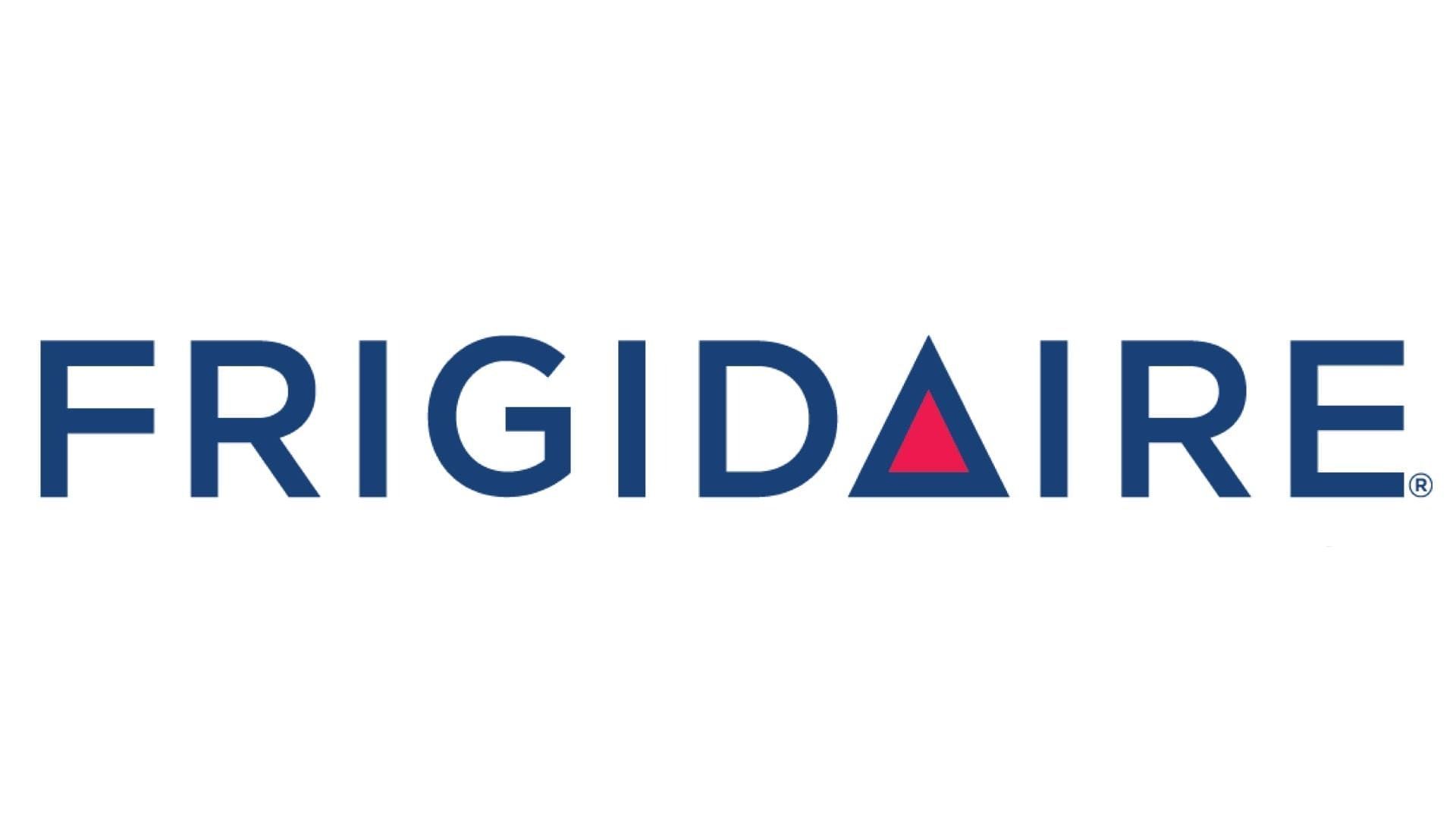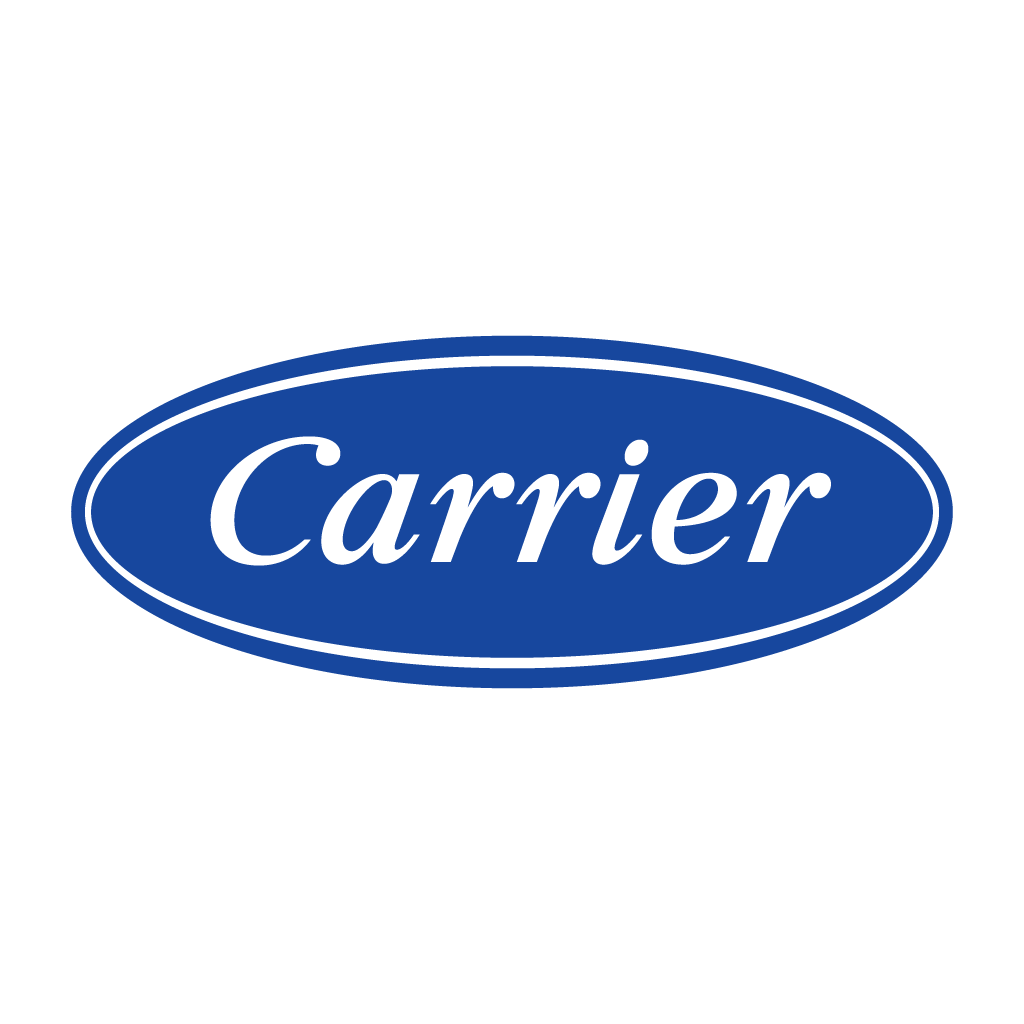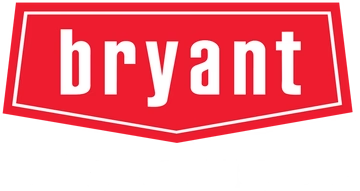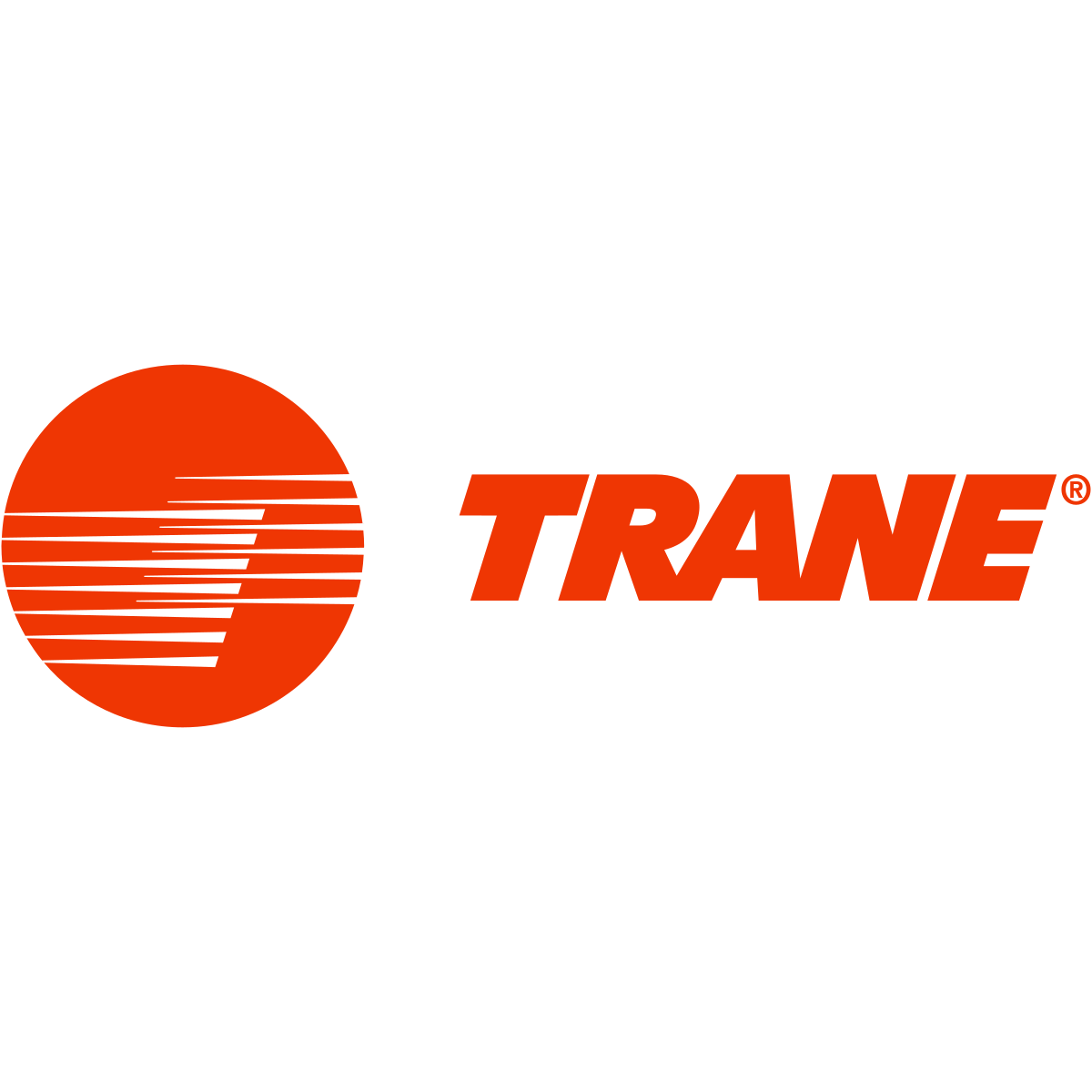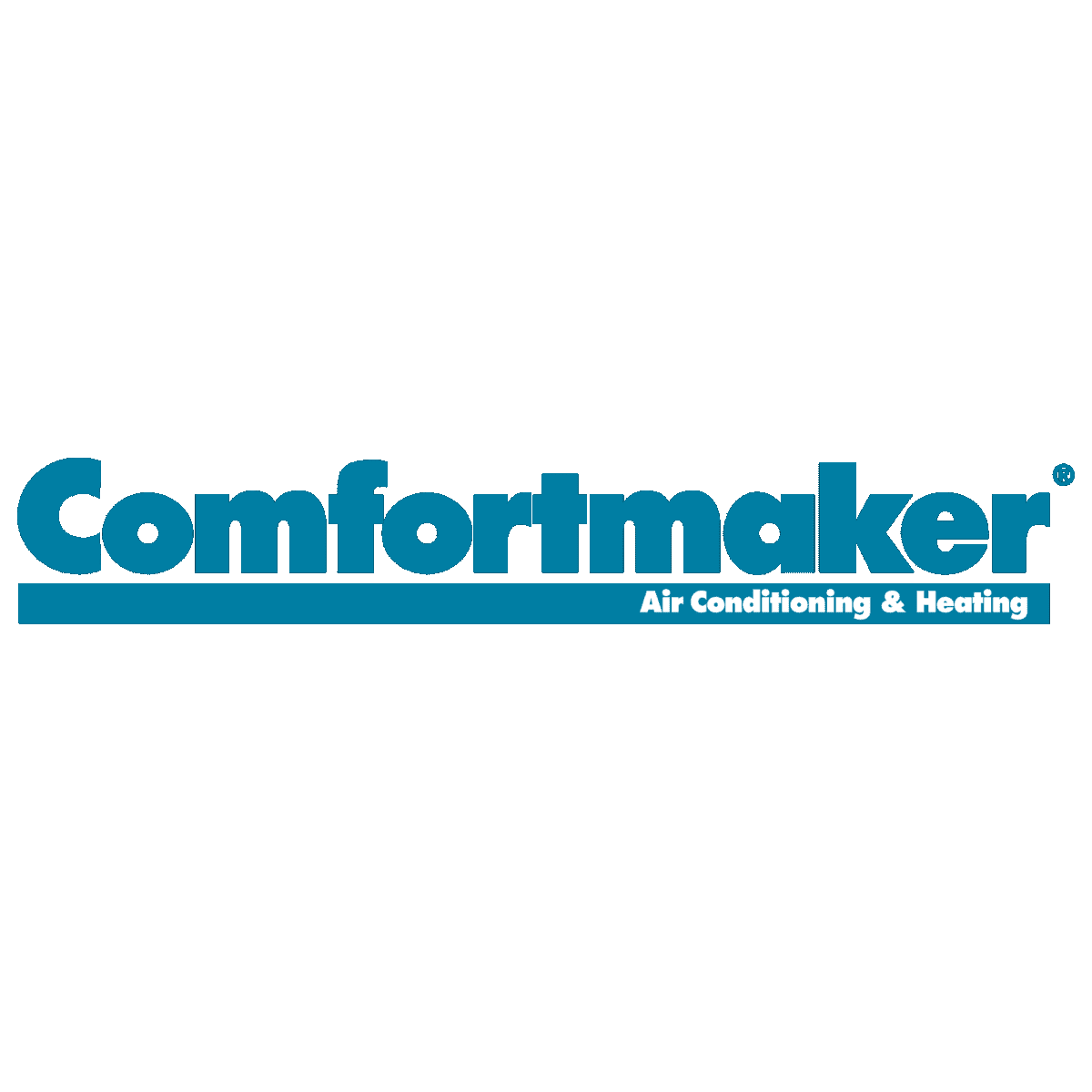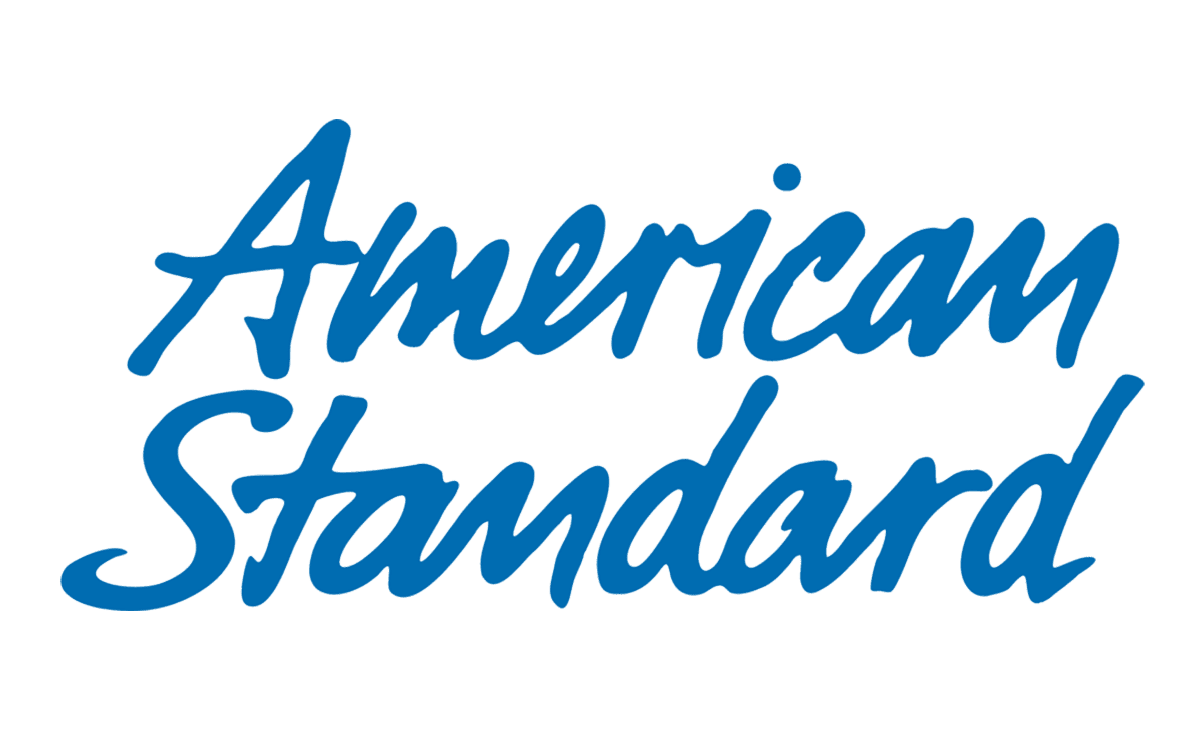FAQs
Air Medics A/C and Heating, Inc.
Is it recommended to set up a service contract or preventative maintenance plan with my AC contractor?
Establishing a service contract or preventative maintenance plan with your AC contractor is highly recommended. These plans offer numerous advantages, including scheduled maintenance to prevent unexpected breakdowns, extended equipment lifespan, improved energy efficiency, priority service for repairs, potential discounts on parts and labor, and peace of mind knowing your system is regularly inspected by professionals. Regular maintenance ensures your AC system operates at peak performance, potentially reducing energy costs and minimizing the risk of costly repairs or premature replacements.Why is it better to use a licensed AC contractor instead of my neighbor's brother-in-law?
Opting for a licensed AC contractor from a reputable HVAC company is crucial for several reasons. Licensed professionals possess the necessary training and certifications to handle HVAC systems safely and effectively. They adhere to local and national building codes, ensuring proper installation and repairs. Licensed contractors carry insurance, protecting you from liability. Many manufacturers require licensed professionals to maintain warranty validity. These experts have access to high-quality equipment and parts, promoting system efficiency and longevity. Choosing a licensed contractor helps avoid costly mistakes that could lead to inefficiencies or safety hazards. For reliable AC services, we recommend contacting Air Medics A/C and Heating, Inc.How long do AC systems last in Florida?
In Florida's challenging climate, AC systems typically last between 8 to 12 years. The state's intense heat, high humidity, and constant operation place significant stress on air conditioning units, accelerating wear and tear. Coastal areas face additional challenges due to salt air corrosion. While industry standards suggest replacing units every 10 to 15 years, Florida's unique conditions often necessitate earlier replacement. Regular maintenance, including filter changes, coil cleaning, and professional tune-ups, is essential for maximizing your system's lifespan and efficiency. For local AC repair needs, our team at Air Medics A/C and Heating is available to assist.What should I do in an electrical emergency?
In the event of an electrical emergency related to your air conditioning system or home wiring, follow these safety procedures: First, if safe to do so, turn off power to the system at the breaker panel. Avoid touching exposed wires or attempting repairs yourself. In case of fire or injury, immediately call emergency services. For power outages or downed lines, contact your local utility company. Use a class C fire extinguisher for electrical fires, never water. Once immediate dangers are addressed, contact a licensed electrician or our HVAC specialists to inspect your system and ensure its safe operation.Why is my HVAC system not heating or cooling properly?
Several factors can contribute to heating or cooling issues in HVAC systems. Common causes include clogged air filters, thermostat malfunctions, obstructed vents or ductwork, low refrigerant levels (for cooling systems), or faulty components such as the blower motor or compressor. A thorough inspection by a qualified technician is necessary to accurately diagnose and resolve the issue, ensuring your system returns to optimal performance.How do I know what size HVAC system I need?
Determining the appropriate HVAC system size requires a professional Manual J load calculation. This comprehensive assessment considers various factors including your home's size, insulation quality, window configuration, and local climate conditions. Proper sizing is crucial as an oversized or undersized system can lead to inefficient operation and discomfort. Professional evaluation ensures you select a system that provides optimal performance and energy efficiency for your specific needs.How does my HVAC system affect indoor air quality?
Your HVAC system plays a significant role in indoor air quality as it circulates air throughout your home. Dirty filters, ducts, or coils can distribute dust, allergens, and mold spores, potentially compromising air quality. To enhance indoor air quality, consider installing air purifiers, UV light systems, or high-efficiency particulate air (HEPA) filters. These additions can effectively reduce airborne contaminants, creating a healthier indoor environment.How often should I service my HVAC system?
Professional HVAC servicing is recommended twice annually: once in spring to prepare for cooling season and once in fall for heating season. This bi-annual maintenance schedule helps extend your system's lifespan, improves its efficiency, and can prevent unexpected breakdowns. Regular professional servicing ensures your HVAC system operates at peak performance throughout the year.Why is my AC leaking water?
AC water leaks can stem from various issues, making it challenging to pinpoint the exact cause without professional inspection. Potential reasons include a clogged condensate drain line, a faulty drain pan, or other component malfunctions. Given the complexity of these systems and the potential for water damage, we strongly advise contacting our team at Air Medics A/C and Heating immediately for a thorough assessment and prompt resolution.How often should I change my air filters?
Air filter replacement is recommended at least monthly, with more frequent changes potentially necessary based on system usage and environmental factors. Regular filter changes are crucial for maintaining optimal HVAC performance, energy efficiency, and indoor air quality. Consult your system's manual or speak with our technicians for specific recommendations tailored to your HVAC system and household needs.
